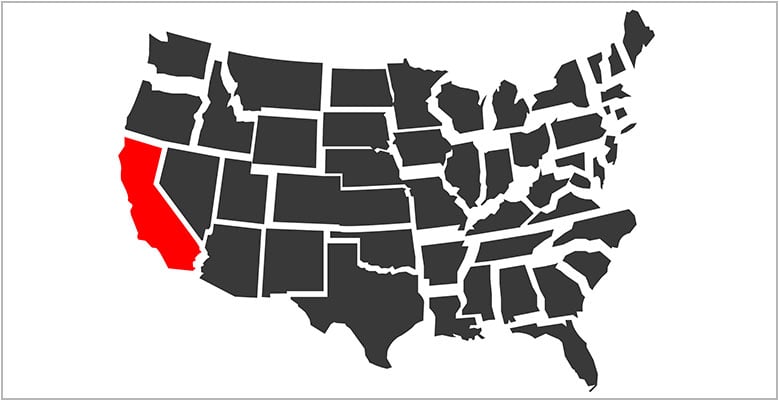Protecting sensitive and classified information when working for the Federal Government requires constant vigilance. When the government issues a contract, it must specify to the performing contractor when covered defense information (CDI) or controlled unclassified information (CDI) will be generated under the contract. Many prime contractors “flowdown” every FAR and DFARS clause to subcontractors and vendors without considering if that subcontractor or vendor will be processing, storing, or transmitting CDI. Anticipating where CDI may reside once awarded a contract can be a challenge. Here is guidance on ways CDI can flowdown to subcontractors and the defense industrial base (DIB), and steps those organizations should take before signing an agreement.
An Introduction to DFARS
Read More












